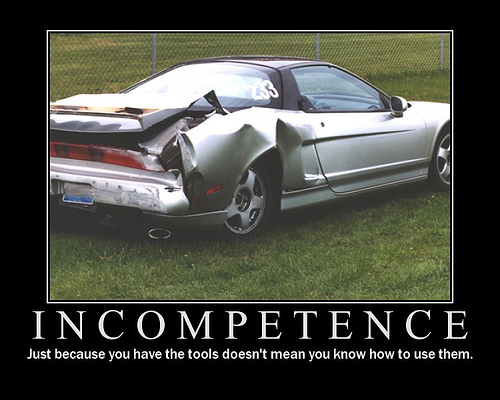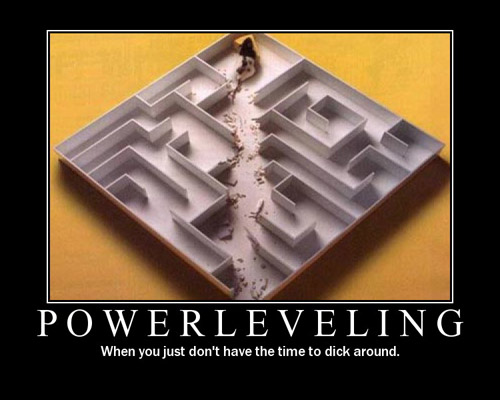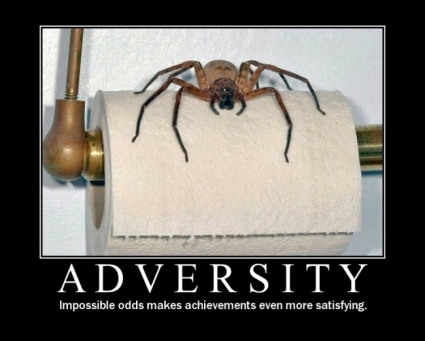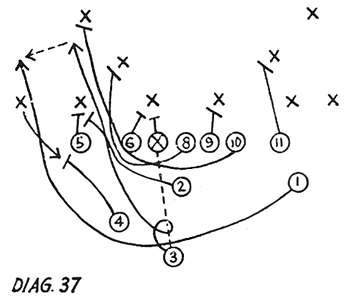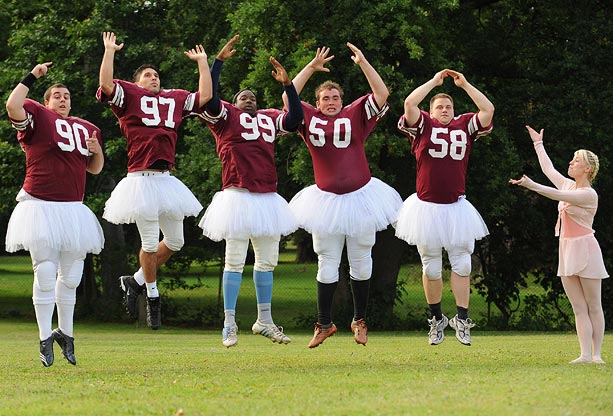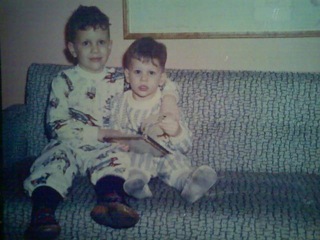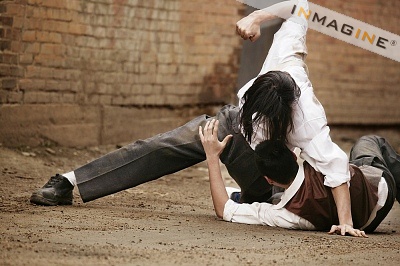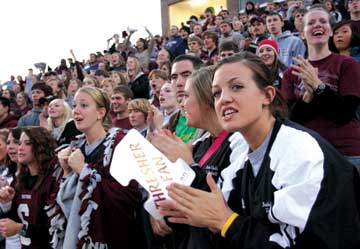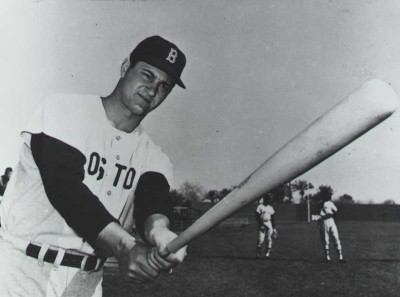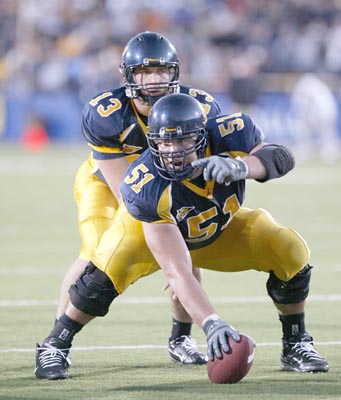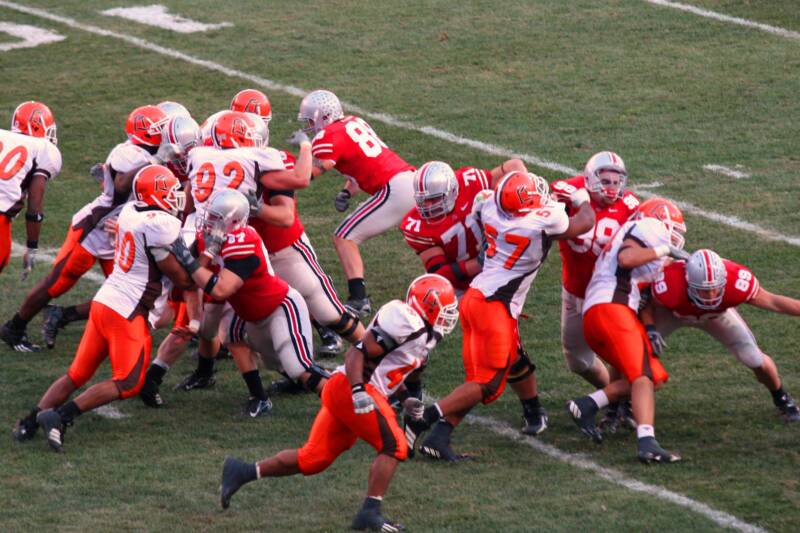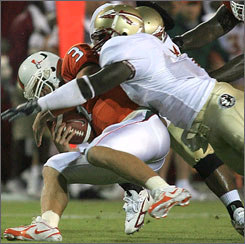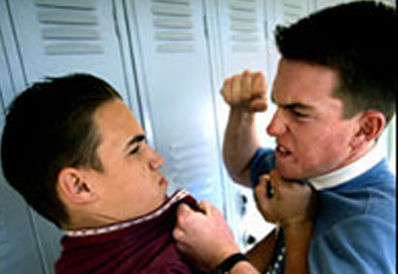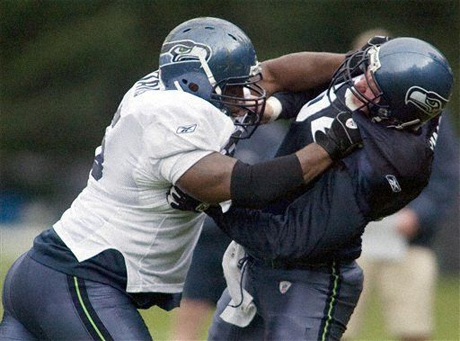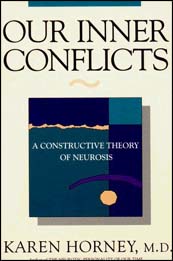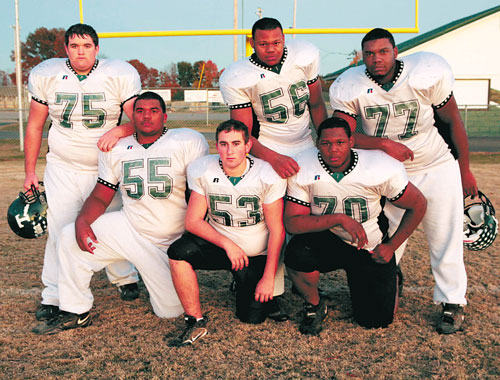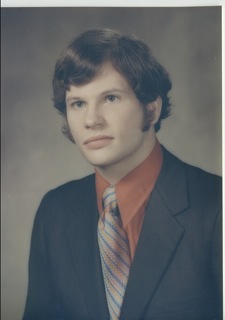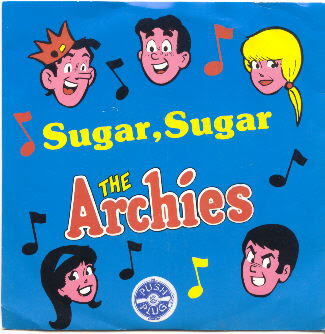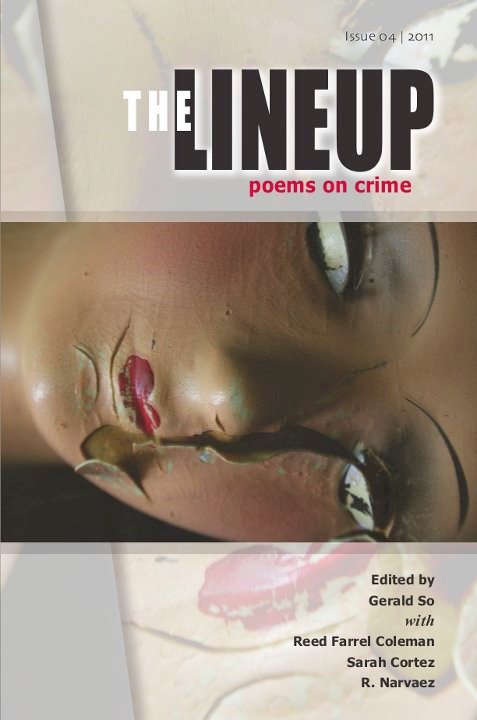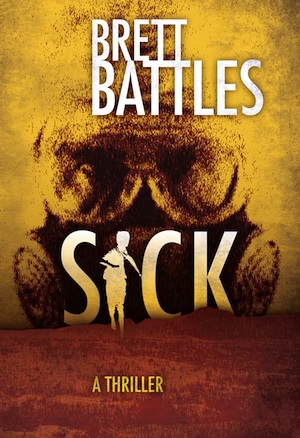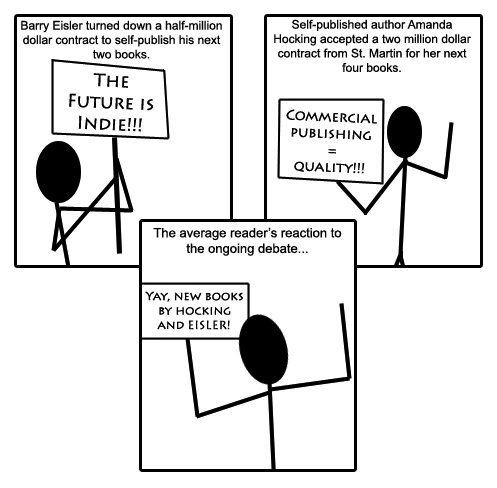JT Ellison
I had a bit of a panic two weeks ago when the statement for my business card arrived, and the total was big enough that if I d cared to, I could have bought this instead.
Or this.
Or nearly paid for this.
Needless to say, once I d dragged my jaw off the floor, I sat down with my color-coded Excel spreadsheet and did some soul searching.
The Facts: Touring, promotions, and the like are becoming more and more expensive, with less and less upside. With the advent of social networking, Google Alerts and Facebook ads, you can reach an exponentially greater number of readers than slogging out onto the road. Hotels, rental cars, gas, food, airplanes it all adds up pretty damn quick, and when you can send a tweet that 6,000 people see in one minute or less for free, it becomes less and less attractive.
The Reality: I like traveling. Being a writer helps me fulfill a lifelong dream see the open road, experience new cultures and cities, and have a good time whilst doing it. I adore meeting readers. Adore it. And it s tax deductible, so in the past, I ve let that be the deciding factor. And since I am running a business here, I need to offset income, so business travel is a good way to do that.
But: Where do you draw the line? At what point is the need to tour and promote overshadowing the two other factors time, and money?
I should note that my business card bender this month wasn t just for the initial tour for SO CLOSE THE HAND OF DEATH, though a large chunk of it was. I also booked all my travel for the rest of the year, including the trip I just went on (D.C. for research), two conferences fees and their airfare, an upcoming overseas trip, plus two vacation trips in August that the airfare is the only expense. (Yes, we travel too much. Without kids, it s kind of like a permanent Spring Break around here.) When I look at all that, I calmed down a little, because while it may look indiscriminate and rash, I actually utilized my mad bargain skillz to get the very best deals possible, and several of the trips are of vital importance to me personally. And my usual $1000 average monthly bill will be practically nonexistent for the rest of the year.
Friends of mine know that when it comes to myself, I can be austere in the extreme. I only ever buy clothes on steep discount. I have no car payment, live in a state that has no state income tax (though our sales tax is 9.4%) and tend to buy wine that s less than $20 a bottle. I spent $600 on my glasses, but I ve worn them every day for the past 4 years, so the amortized rate ends up being about 41 cents a day, and dropping rapidly. I use Starbucks as a treat, not a right. We don t have kids, and Jade s food, while plentifully expensive, doesn t exactly break the bank. I do have a book buying addiction, but that s been curbed with the advent of my Goal for 2011, Depth, which means I m focused on reading what I have instead of buying more. I do trend toward expensive face cream, but if you consider my total makeup expenditure for any given fiscal year might hit $50, and 90% of that is Carmex, I think it offsets. Not too long ago, I went crazy at TJ Maxx, buying a pair of sandals, a pair of jeans, 2 dresses, a purse and a wrap. $189. I honestly called one of my dear girlfriends and bemoaned, and eventually took back the jeans and both dresses. I just didn t NEED them.
But this is business. Making money costs money. I do NEED to find ways to promote my books, and I do NEED to use the money I make on them through advances and royalties to pay the mortgage, my health insurance, and all the expenses accrued throughout the year for touring and promotions. And those expenses seem to be going up. I am blessed that I have the ability to cover these costs, but after this last round, I’m really rethinking my expenditures.
So is touring the most cost effective use of your precious advance dollars?
The answer is no, of course. To cover the cost of one plane ticket, I’d have to sell about 1000 books per event, and while I’m generally not disappointed with turnout, I’m just not at that level. But it has been an invaluable resource for me, and I’m firmly convinced that I wouldn’t be where I am in my career without all the stops I’ve made along the way. There is nothing, NOTHING, better than a bookseller who evangelizes for you, and a reader who you’ve met who tells their friends to read your books. You can get that online, yes, but it doesn’t have the same feel.
And now it all really is changing, and perhaps even becoming irrelevant, as more ebooks flood the market and bookstores go out of business. The venues for touring are dramatically curtailed day after day. My first book tour, back in late 2007-early 2008, covered 13 states. Each book, even while I endeavor to hit different areas of the country each time, that number has decreased. And in the Fall, when my 7th novel comes out, I won t be doing more than 1 or 2 out of town gigs and one of those is Bouchercon St. Louis.
Reed Farrel Coleman wrote a great piece in this month’s Crimespree Magazine that resonated with me. He’s asking that the conference planners do some heavy thinking about where the conferences are held in the future. Bouchercon San Francisco cost him twice what Bouchercon Indianapolis cost. I have to admit, after doing two book tours last year, the idea of dropping another $2000 for BCon in San Francisco was too much for me. I have to have a travel budget, just like everyone else. I agree with Reed that the con organizers need to be looking at less expensive venues, or else they’re going to price themselves out of the market. (Hint: Come to Nashville!)
The economics of touring aside, the time spent on the road is almost more of a consideration for me. I think I have a form of ADD, because for every conference, weekend trip, book release, etc., I basically lose the week after. Yes, I write on the road, but it s little bits here and there, in the hotel, on airplanes, creative bursts shoved into notebooks or written on cocktail napkins. I don t have the facility to focus on too many things at once, so I tend to push the creative to second place when I m on the road. I know some authors who write better when they travel, but I m willing to bet that universally they have kids and familial obligations that eat into their writing time when they re home. I need quiet to concentrate, to allow my creative well to refill daily. Even being off Facebook and Twitter for Lent has allowed me a deeper, stronger focus on my work, and as a consequence, I m getting more done, and it s better quality stuff.
But for all the whining about money and time lost, there s something irreplaceable about touring that I m not sure how I can forego. And that s meeting you. The reader. The person who allows me the indulgence of trying to make these decisions. Every tour, I get home tired and cranky and the bills arrive and I swear I m never going to do it again, and every time those galleys arrive for the next book, I find myself entertaining the idea, and ultimately calling my publicist and saying yes, let s do this.
I can t predict what s going to happen next. All I know is that as an artist, I have to weigh the cost and time associated with the physical book tour and conferences and look at ways to minimize the damage. Whether that s just attending one conference a year, finding new ways to do bookstore appearances virtually, or simply not doing it at all, remains to be seen. Ultimately, I have to do what s going to get the best books into the hands of the readers the quickest way possible, and that means staying home and writing like a good little dooby.
So I m curious to hear what you think. Be honest. How many times have you blown off an author signing? Are you less likely to attend an event if you’ve been regularly accessing your favorites through FB and Twitter? And will the e-book revolution kill touring once and for all?
Wine of the Week – shared with wonderful new friends in Santa Fe, (which it is the time
to spend good money on good wine) Turley Zinfandel 2005 (Rattlesnake Vineyard)

